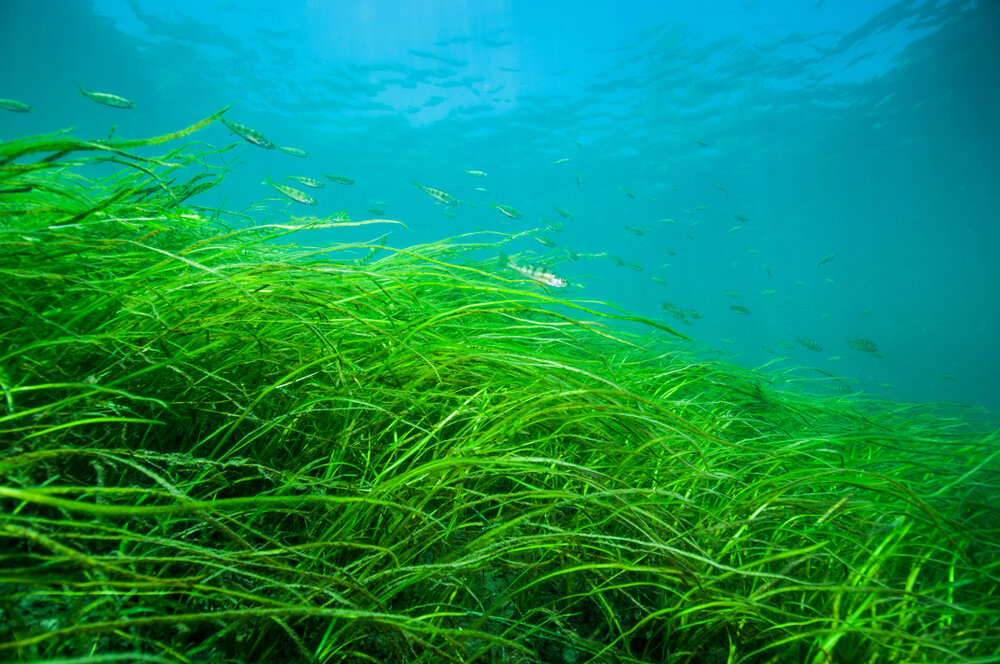Vol. 28, No. 5 ● May 6, 2020
In This Issue:
Don't Harp About Project Delays! Schedule Harperella Surveys Now
It's Almost Pogonia Season!
Small whorled pogonia
(Isotria medeoloides)
Summer is on its way and Wetland Studies and Solutions, Inc. is gearing up for another season of small whorled pogonia surveys. If your Virginia or North Carolina project sites host mature hardwood forest with an open understory, you can minimize impacts to your project schedule by having us perform a small whorled pogonia habitat evaluation or survey early in the development process. The field survey window for this species is narrow:
Northern Virginia: June 1 - July 20
Southern Virginia: May 25 - July 15
North Carolina: mid-May - early July
SAVe Yourself A Headache
American eel grass
(Vallisneria americana)
The recommended survey windows are approaching for submerged aquatic vegetation (SAV). If you are working on a project that impacts tidal waters – such as boat piers, docks, marinas, or channel dredging – you are likely required to document the presence or absence of SAV on your project site to determine whether compensatory mitigation is required. The National Oceanic and Atmospheric Administration (NOAA) Chesapeake Bay Office recommends two windows for conducting field surveys: May 15 through June 15, and July 15 through September 15. These two windows allow surveyors to locate different species that may only be present during these timeframes.
Don't Harp About Project Delays!
Schedule Harperella Surveys Now
As we approach the mid-summer months, our environmental scientists are preparing for another season of harperella surveys. This small, endangered member of the carrot family lives along larger rocky creeks in Virginia, Maryland, and North Carolina. If you have projects in these states, you can minimize impacts to your project schedule by having Wetland Studies and Solutions, Inc. perform a harperella habitat evaluation or survey early in the development process – preferably within the July 1 to September 30 field survey window.
harperella (Ptilimnium nodosum)




